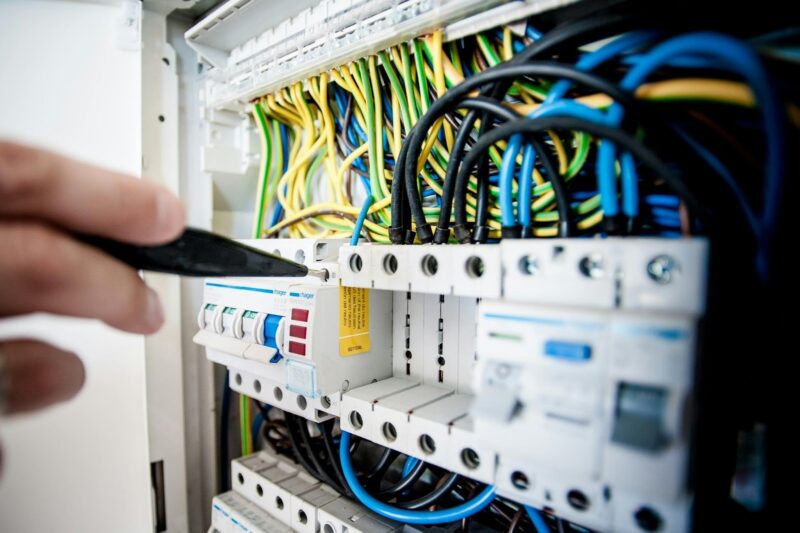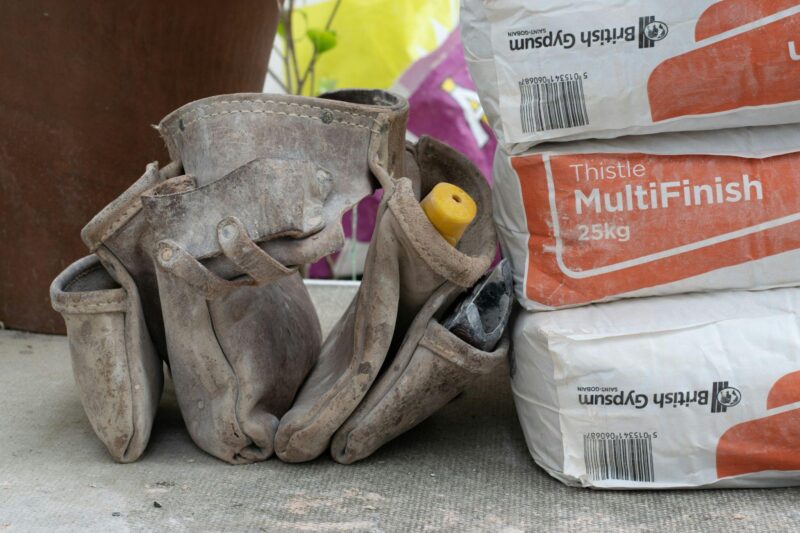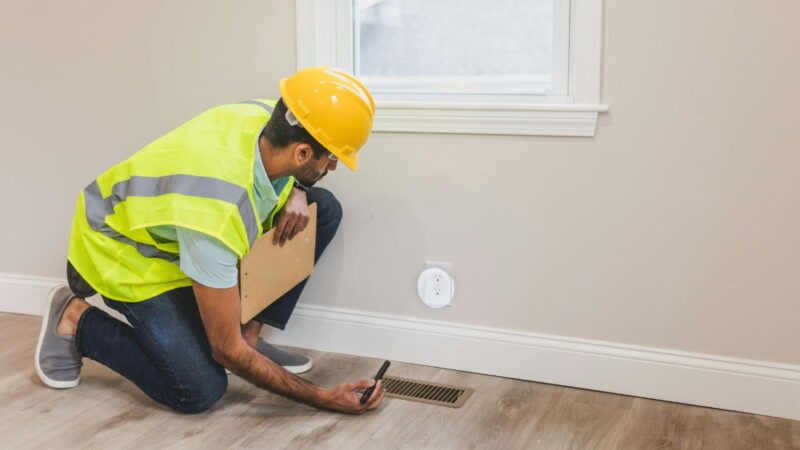
Dishwashers have become an integral part of modern life, simplifying daily work and saving time for their owners. However, like any other household appliance, they can experience a number of common breakdowns over time. It’s important to know how to recognize these malfunctions and be able to fix them to ensure that your dishwasher continues to function smoothly and efficiently. In this article, we’ll take a look at the most common problems that users may encounter and provide recommendations on how to fix them.
Problems With Starting The Dishwasher
The dishwasher may encounter problems when starting up, which can be inconvenient for users. Typical problems include the machine not starting, not getting power, or not responding to button presses.
Possible Causes of Such Malfunctions Include
- Power supply problems: A faulty power outlet, a broken power cord, or a switched off switch can cause the machine to lose power.
- Button problems: If the buttons or control panel are damaged or dirty, it may prevent the machine from starting properly.
- Door locking: If the door does not close properly, the dishwasher may not start due to the safety system.
Recommended Actions to Resolve These Problems
- Check the power supply: Make sure the machine is plugged into a working outlet and that the cable is not damaged.
- Inspect and replace the buttons: Inspect the control panel and buttons for damage or dirt. Replace any defective components as necessary.
- Check the door: Check that the dishwasher door closes firmly. If necessary, check the latches and seals.
Problems With The Water Supply to The Dishwasher
Insufficient or no water supply can affect the quality of dishwashing.
Possible Causes of Such Problems Include
- Filters are clogged: Dirty or clogged filters can impede the normal flow of water.
- Water pump failure: A worn or damaged pump can impair water flow.
- Hose damage: Kinked, clogged, or broken hoses can cause water delivery problems.
Recommended Actions to Resolve These Problems
- Cleaning the filters: Check and clean the dishwasher filters regularly.
- Check the pump: Check the water pump for signs of wear or damage. Replace the pump if necessary.
- Replacing the hoses: Inspect the hoses for damage or clogs. If necessary, replace them with new ones.
Dishwasher Water Heating Problems
Water heating problems can lead to poor dishwashing results or even damage to the dishwasher. Typical problems can manifest themselves in the water not heating up or heating up too much.
Possible Causes of Such Problems Include
- Malfunction of the heating element: Wear, damage, or a short circuit in the heating element can prevent the water from heating properly.
- Thermostat problems: A malfunctioning thermostat may not properly control the water temperature, resulting in heating problems.
Recommended Actions to Resolve These Problems
- Check and replace the heating element: Check the condition of the heating element. If it is worn or damaged, replace it with a new one.
- Check the thermostat: Inspect the thermostat for signs of malfunction. Adjust or replace it if necessary.
Dishwasher Water Spray Problems
Problems with the water spray can affect dishwashing performance. This can be manifested in an uneven water spray or poor dishwashing performance.

Possible Causes of Such Problems Include
- The nozzles are clogged or worn: The nozzles may be clogged or worn, preventing proper water distribution.
- Pump problems: A malfunctioning or damaged pump can affect the water supply to the spray arms.
Recommended Actions to Resolve These Problems
- Cleaning the spray arms: Check and clean the nozzles for any blockages.
- Replace Worn Parts: If worn nozzles are found, replace them with new ones.
- Check the pump: Check the pump for any problems and replace it if necessary.
Drainage Problems in The Dishwasher
Problems with the water drain can cause water to become trapped inside the machine, affecting the cleaning process and possibly resulting in an unpleasant odor.
Possible Causes of Such Problems Include
- Drain pump clogging: A clogged pump can prevent the water from being drained efficiently.
- Drain hose problems: A damaged or clogged drain hose can prevent proper drainage.
Recommended Actions to Resolve These Problems
- Cleaning the drain pump: Check the drain pump for clogs and clean it.
- Check and replace the drain hose: Inspect the drain hose for damage or blockages. Replace it if necessary.
Dishwasher Noise Problems
If your dishwasher makes excessive noise when it is running, it could be a sign of a problem with a part of the dishwasher.
Possible Causes Include
- Worn or damaged parts: Worn or damaged components can cause noise.
- Bearing problems: Damaged bearings can cause additional noise during machine operation.

Recommended Actions to Resolve These Problems
- Inspect and replace dishwasher replacement parts: Inspect the machine parts for wear or damage. Replace them if necessary.
- Check the bearings: Check the condition of the bearings and replace them if necessary.
Conclusion
A dishwasher is an important household appliance that helps make your daily dishwashing chores easier. However, just like any other technical device, it can encounter various problems and malfunctions that require the user’s attention and intervention.
By recognizing common malfunctions, such as problems with starting the machine, water supply, heating, spraying, water drainage, and noise, users can quickly take the necessary measures to fix them. These recommendations will help you in performing repairs and maintenance of the machine.
It is also important to remember that regular maintenance, such as cleaning the filters and checking and replacing worn parts, can prevent serious problems and extend the life of your dishwasher.
If you encounter serious malfunctions or if the measures you have taken do not solve the problem, contact a professional technician to repair your dishwasher. A professional can quickly identify the problem and provide a quality solution to help you keep your appliance running.







